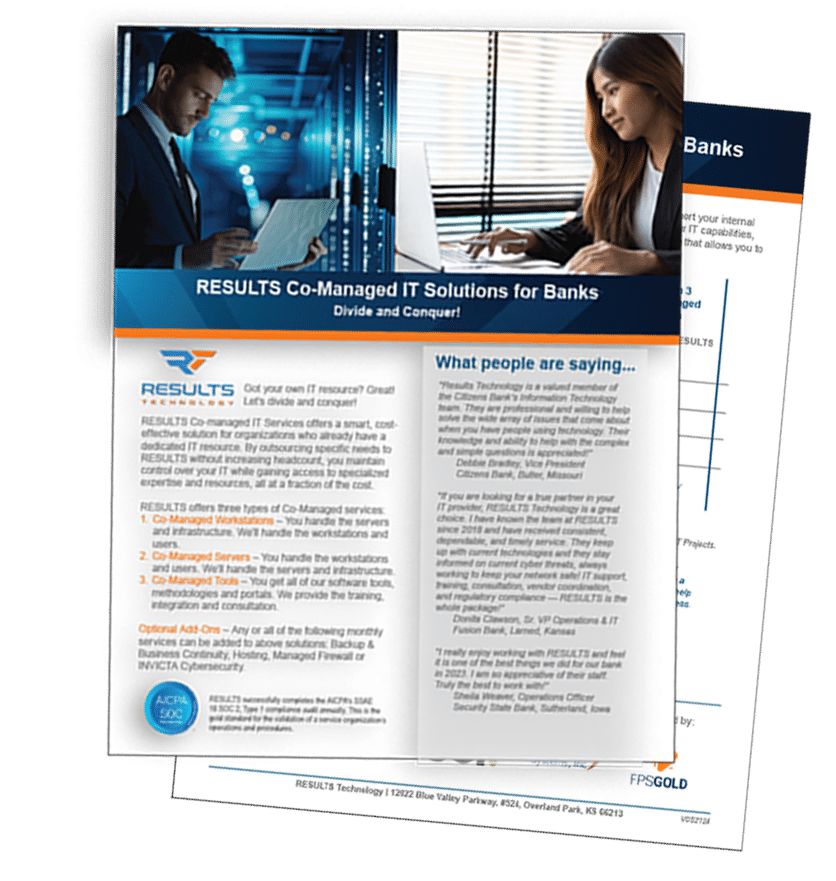In the healthcare sector, the storing and sharing of sensitive digitized patient data has become a significant undertaking and is a heavy burden on resources. Since 2015, independent practitioners and small healthcare entities started making significant investments in equipment, hardware and software, and tech-savvy personnel.
Rather than focusing on the delivery of core patient care services, they must now worry about IT infrastructure issues, underlying
computer network constraints and data center accessibility as well. This is problematic as very few medical offices or small health service organizations can afford to employ dedicated
IT services staff.
In this context, it is obvious that
cloud technology solutions, which consolidate and outsource computing resources to external entities, would provide substantial relief to healthcare service providers. Data stored in the cloud is available on-demand and requires no expensive equipment, physical home or hired staff to manage and maintain it.
But while other business sectors have fully embraced the cloud for cheaper, more flexible, scalable and secure computing, many in the healthcare sector have yet to entertain putting patient data into the cloud. HIPAA-driven security and privacy concerns have been a serious deterrent.
Read the e-book: “Bridging the Gap Between Healthcare & HIPAA Compliant Cloud Technology.”
This is about to change. Recent modifications to the HIPAA Privacy, Security, Enforcement and Breach Rules have made it clearer that data center operators are to be classified as business associates under HIPAA. This means cloud-service providers are required by law to report and respond to data breaches and uphold their obligation to properly protect and secure patient info.
These modifications are a game changer because they now assure covered entities such as doctor offices, hospitals, and health insurers that they can remain HIPAA compliant while adopting cloud technology.
Breaking Down HIPAA and the Cloud
The Health Insurance Portability and Accountability Act of 1996 (HIPAA) was upgraded in 2009 with the
Health Information Technology for Economic and Clinical Health (HITECH) ruling addressing the growing use of digitized medical records. HITECH was introduced to provide federal funding to deploy EHR and establish a protocol for protecting the electronic storage and transmission of
Protected Health Information (PHI).
Compliance with HIPAA requires the reporting of any potential unauthorized PHI access. Because any impermissible access, use, or disclosure of PHI can severely damage an organization’s reputation, as well as levy penalties varying from $100 to $50,000 for first time offenders, it is understandable that many in the healthcare industry have chosen to avoid migrating patient data to the cloud unless they’re absolutely certain that a cloud-service provider (CSP) is HIPAA compliant.
Read: “RESULTS Technology awarded for excellence in off-premise, cloud-based security.”
How Cloud Computing Enables Industry Advancements
When it comes to staying on top of industry trends, those in the healthcare sector utilizing cloud computing will undoubtedly have an advantage over those slow to adapt to change. The Internet is more widely used now by both patients and those providing health services.
Today’s patient desires anytime/ anywhere access to health-related information and physicians may need access to digitized health data. Patient information must also be accessed for clinical decision- making such as potential prescription drug interactions or the
American Recovery and Reinvestment Act of 2009 (ARRA) funded community health information exchanges (HIEs) that enable health providers and insurers to share a patient’s medical records with his or her permission. The cloud supports all of these.
In many ways, cloud computing levels the playing field as its affordable benefits are available to anyone from a small physician’s office or non-profit to large organizations or insurers. This fosters an all-inclusive collaboration that isn’t restricted to only large institutional
Major Benefits of the Cloud for the Healthcare Sector
- Security – Ironically, the biggest concern most healthcare entities have about taking to the cloud is one of its biggest strengths. Recent updates have made CSPs as responsible and liable for HIPAA compliance as the healthcare institutions that hire them. CSPs must ensure that data is encrypted, backed up, easily recoverable, and secured with permission-based access.
- Costs – Reduced costs are an incentive for healthcare entities to take to the cloud. Costs are dramatically cut since the cloud moves everything into a virtual environment, eliminating the need for costly hardware, software, maintenance, data center space, and IT labor. Pay- as-you-use fees requiring little-to-no capital investment replace these often overwhelming up-front capital expenses.
- Scalability – It’s easy to anticipate that managing such a high volume of patient data will inevitably stress any on-site IT infrastructure. But the cloud presents a scalable alternative where additional server or storage capacity is available as needed.
- Mobility – The cloud improves a physician’s ability to remotely access readily available patient information. This enables even the busiest physician to review a patient’s medical records or test results even after they leave the office.
- Sharing – Cloud computing keeps physicians better connected to not just their patients but their colleagues as well. Patients will notice benefits to medical professionals being able to share patient information online – for example, referrals to specialists will be more timely, there will be less paperwork to fill out with each office visit, and no unnecessary repeat diagnostic tests.
Are You Ready for This Transition?
The transition to cloud computing is underway in the industry. For healthcare service providers, it is no longer a question of if they will transition to the cloud, but when.
Healthcare is a heavily regulated industry and cloud computing will continue to evolve to meet the industry’s growing security requirements and regulatory mandates. Many legitimate CSPs familiar with the healthcare sector already have strict security protocols in place to comply with regulations and will not hesitate to sign a BAA when asked. It is best to choose a CSP cautiously. Avoid any CSP who refuses to sign a BAA and carefully evaluate even those who do to get a feel for their stability, level of service, and delivery on promises.
Taking care of people – not your IT infrastructure – is your core service. Why not put the money being spent on hardware, software and equipment back into patient care while strengthening patient data integrity and security?
Contact us today if you’d like to learn more about HIPAA compliant cloud- based technology.


